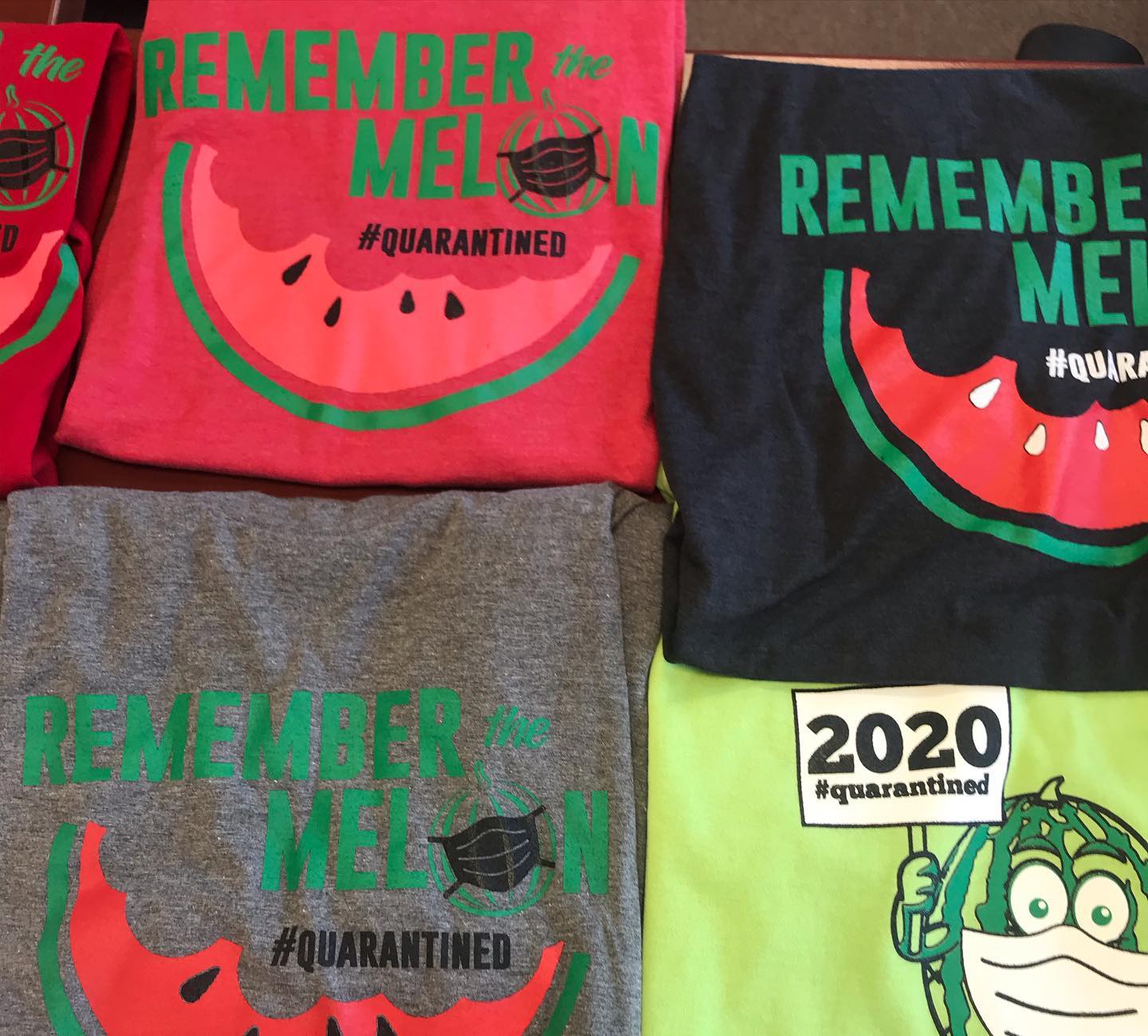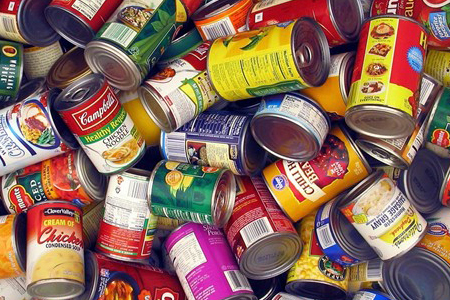Some information may be outdated.
Last year, the city of Green River canceled its annual Melon Days Festival for the first time in over 100 years. This year, organizers are hoping that the COVID-19 pandemic will lessen enough by the fall to allow the festival to continue as planned. The 115th Melon Days Festival is planned for Sept. 17 and 18.
Over 5,000 people have attended past festivals, which began as a way to showcase the town’s melon-growing history, local farmers and tasty fruits.
“We’re hoping, praying and crossing our fingers that it’s going to be a normal year and we can bring in visitors,” said Robin Hunt, the Green River city events coordinator. “Our residents and local businesses definitely felt the hit when we canceled the event last year. The Melon Days weekend brings so many people to town; they stay at our hotels and campgrounds, eat at our restaurants and shop at our stores, which is a major boost for this town’s economy.”
Green River has been renowned throughout southeastern Utah for growing the world’s sweetest, best melons for over a century. Sandy soil and the dry desert climate, both of which Green River has in abundance, result in tastier melons. The sweltering days and mild nights let melons grow large and sweet until they make their way into a Melon Days attendee’s mouth. Since 1906, the town has celebrated its local fruit growers in what has evolved into today’s Melon Days Festival, which always takes place on the third weekend of September.
J.H. “Melon” Brown experimented with Green River’s first melon crop over a hundred years ago, when the town was renowned for its peaches. But when a cold winter in 1919 killed off most of the town’s peach trees, the farmers who remained turned their efforts towards cantaloupe and other melon varieties. M.L. Stanton, H.C. Healy, L.H. Green and John F. Brown were among the earliest melon farmers in Green River, along with Homer Nelson — Hunt’s own great-grandfather.
“He was one of the first ones to branch out with growing not only watermelon or cantaloupe, but honeydew and hybrid melons,” Hunt said. “When he held family reunions, he’d make everyone go out and plant in the fields.”
Nelson planted seedless melons in his greenhouse before transferring them to the fields when he was sure they were no longer in danger of frost. His melon-growing was a family affair; he drove one tractor through the fields and his children another. Nelson carefully watered each vine— “most people give watermelons too much water. The Nelsons irrigate their crop only three or four times a season,” he said in 1973 — to cut down on weeds.
Now, there are three local melon growers in Green River — Dunham Farms, Thayn Farms and Vetere Farms — who proudly showcase their melons at each Melon Days Festival and throughout the year.
“We started off having a festival to celebrate the growers in town, where growers could chop up some melons and people could sample them for free,” Hunt said. Over the years, the festival has grown to accommodate a vendor market as well. When festival-goers aren’t munching on melons, they can participate in square dancing, melon carving contests, the annual Melon Run, a softball tournament, live music and more.
“We just try to support those melon-grower families and support the town,” she continued.
Farmers heap truckloads of melons and other fruit onto tables and stands, where they are cut up and distributed to festival-goers. In the past, attendees have square danced late into the night and thousands have attended the Melon Days Parade, itching to catch a glimpse of the Melon Queen or the town’s famous watermelon on wheels (which first appeared in the parade in 1960). Politicians, clubs and marching bands also design intricate floats and musical numbers for the parade, where attendees can eat fresh melons to their hearts’ content as live music drifts through the background.
But the Melon Days Festival and its associated events were canceled in 2020 due to the coronavirus pandemic. Keeping the spirit alive, the large festival was replaced by a hyper-local event only for Green River residents.
“We only had ten vendors that were spaced out and everyone wore masks, and there was one food space that we made sure was sanitized,” Hunt said. “We completely readjusted the event last year and downsized it as much as possible, because it’s gotten to be such a popular event.”
When the 2020 Melon Days was canceled, Hunt and other organizers used the extra time and money to bring in documentary filmmaker Lance Robbins. Robbins put together a documentary about Green River’s rich melon-growing history and spotlighted the current melon farmers in the area. These videos are available on the Melon Days website, serving as a reminder of Green River’s past.
Organizers remain optimistic for this year’s Melon Days and have started accepting vendors.
“We’re accepting vendor applications as they come right now,” Hunt said. “As we get closer to the event and know what the COVID standards will be, we’ll be able to decide how to move forward.”
The event has a limited number of vendor spaces, and organizers try to achieve a balance of product variety between food vendors, artists, melon growers and other applicants.
Though the event has grown to feature much more than just melons as it did 115 years ago, Hunt hopes that attendees and vendors alike remember the festival’s origins as they taste the melons over a century in the making.
“Looking back at how Melon Days got started and the families here that have been involved for generations is a big takeaway,” she said.
The legacy of her great-grandfather and the melon growers who came before him live on through the festival; in Green River, melons aren’t just a tasty snack, but a reminder of the rural community’s history and progress.
The Melon Days 2021 vendor application is due on Aug. 1. Vendors are selected based on product quality, variety and appropriateness along with space available. Contact Robin Hunt at rhunt@greenriverutah.com or at (435) 820-0592 for the vendor application and for more information.
Organizers hope to hold full Green River Melon Days Festival in fall, now accepting vendor applications
Appreciate the coverage? Help keep local news alive.
Chip in to support the Moab Sun News.




